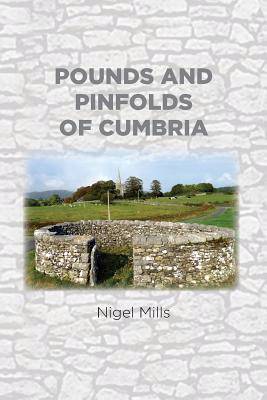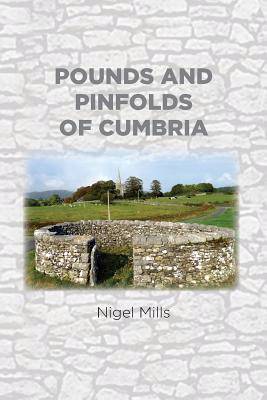
- Afhalen na 1 uur in een winkel met voorraad
- Gratis thuislevering in België vanaf € 30
- Ruim aanbod met 7 miljoen producten
- Afhalen na 1 uur in een winkel met voorraad
- Gratis thuislevering in België vanaf € 30
- Ruim aanbod met 7 miljoen producten
Zoeken
Omschrijving
Ask most people about pounds and pinfolds and they look blank. They may not have noticed the small, round or rectangular building that likely stands at the edge of their village. And yet these modest structures, now often reduced to piles of stones, were once an essential part of rural life in what is now Cumbria. They were where stray stock, and any animal found grazing on land for which its owner had no proper grazing rights, were once confined - until the owner paid a fine imposed by the local court. For hill-farmers and others, pounds or pinfolds were indispensable for ensuring community harmony. In this scholarly and well-researched account, Nigel Mills provides us with a comprehensive and unique insight into a little-considered aspect of our rural heritage and into the way of life of the men and women who farmed our hills in days gone by. It will be of great interest to local historians and to all who take an interest in the social history of Cumbria.
Specificaties
Betrokkenen
- Auteur(s):
- Uitgeverij:
Inhoud
- Aantal bladzijden:
- 96
- Taal:
- Engels
Eigenschappen
- Productcode (EAN):
- 9781909644458
- Verschijningsdatum:
- 18/11/2014
- Uitvoering:
- Paperback
- Formaat:
- Trade paperback (VS)
- Afmetingen:
- 152 mm x 229 mm
- Gewicht:
- 140 g

Alleen bij Standaard Boekhandel
+ 69 punten op je klantenkaart van Standaard Boekhandel
Beoordelingen
We publiceren alleen reviews die voldoen aan de voorwaarden voor reviews. Bekijk onze voorwaarden voor reviews.











